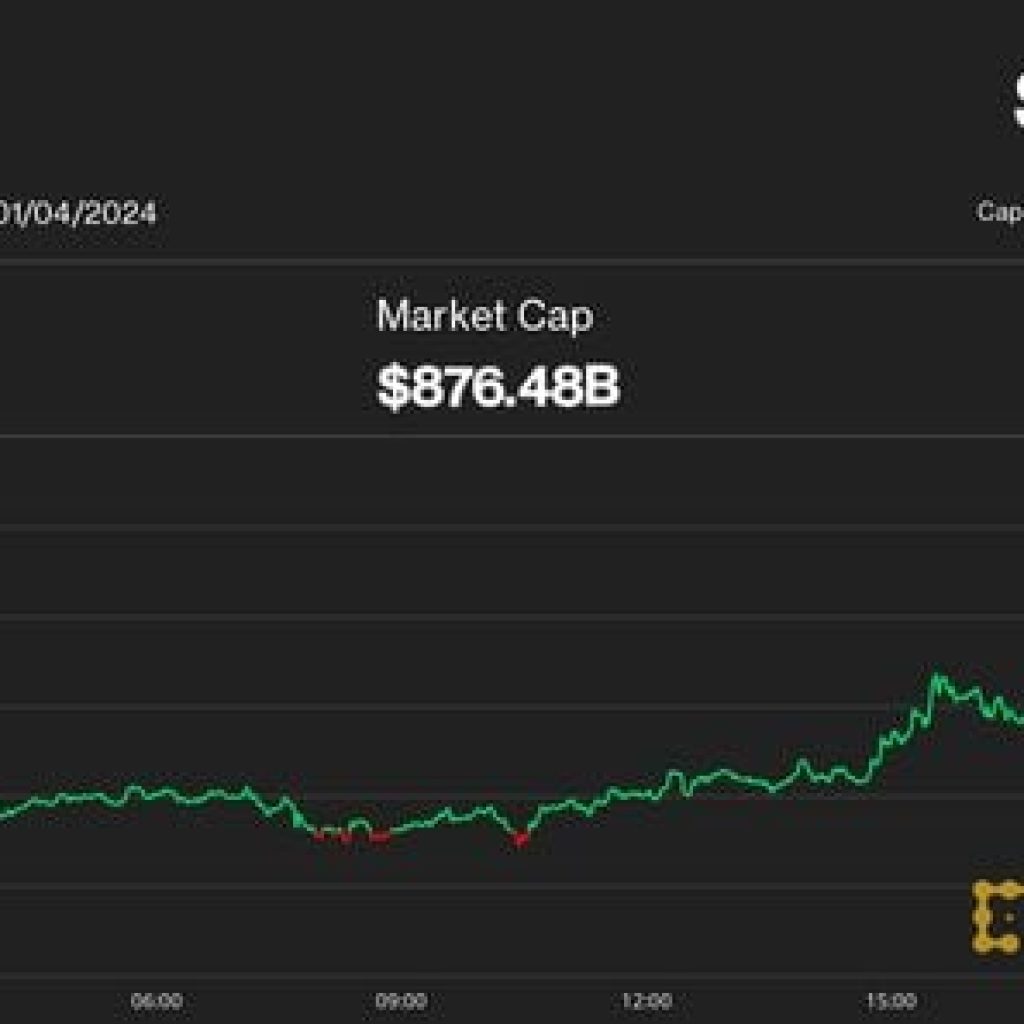In recent legislative developments concerning cryptocurrency regulations in the United States, two crucial provisions addressing anti-money-laundering concerns were notably excluded from the joint version of the National Defense Authorization Act (NDAA). The NDAA, a pivotal military funding bill, is traditionally considered a must-pass legislation that outlines the military budget for the upcoming year.
Anti-money laundering bills removed from the NDAA
The excluded provisions, detailed in a joint bill presented by lawmakers from both the U.S. House and Senate, aimed to establish a standardized anti-money-laundering examination framework for digital assets. Additionally, the provisions sought to mandate a comprehensive report analyzing the utilization of privacy coins and other “anonymity-enhancing technologies” within the cryptocurrency space. It is worth noting that while these provisions were present in the Senate version of the NDAA, they did not find a place in the House of Representatives version.
The NDAA, aside from its primary focus on the military budget, often becomes a legislative vehicle for incorporating various additional provisions. In this context, Senate amendments to the NDAA included a directive for the Secretary of the Treasury to establish a risk-focused examination and review process for financial institutions. This process would specifically evaluate the adequacy of reporting obligations for crypto assets under anti-money-laundering rules and ensure compliance among financial firms dealing with cryptocurrencies.
Another significant Senate amendment proposed directing the Treasury Department to generate a comprehensive report on the usage of mixers and tumblers, the scale of transactions involving privacy tools, and the potential utilization of these tools by sanctioned entities. Furthermore, the amendment called for the Treasury to provide recommendations for legislation or regulation concerning the described technologies and services. These aspects underscore the evolving nature of regulatory discussions around privacy-focused technologies within the cryptocurrency ecosystem.
Navigating the crypto regulatory landscape
Concurrently, on the same day, a group of senators, including Mark Warner (D-Va.), and Jack Reed (D-R.I.), introduced a separate bill. This new legislation is intended to expand U.S. sanctions rules to encompass parties that facilitate financial transactions with terrorist organizations, citing Hamas as a prominent example. Notably, the bill places particular emphasis on “foreign digital asset companies” that may be involved in processing or supporting transactions linked to terrorist groups.
The exclusion of the anti-money-laundering provisions from the NDAA signals ongoing debates and considerations regarding the regulatory framework for cryptocurrencies in the U.S. While some senators advocated for heightened scrutiny and reporting obligations for financial institutions engaged with crypto assets, others sought further investigation into privacy tools and technologies associated with digital assets.
These legislative developments underscore the complex landscape of cryptocurrency regulations and the ongoing attempts to strike a delicate balance between fostering innovation and addressing concerns related to illicit activities. As regulatory discussions continue, the cryptocurrency industry remains attentive to potential impacts on compliance requirements and operational practices, anticipating further clarity in the evolving regulatory environment.





